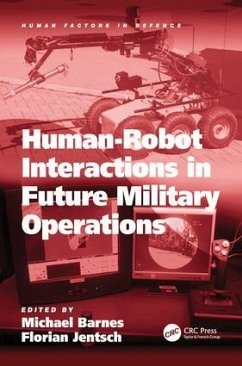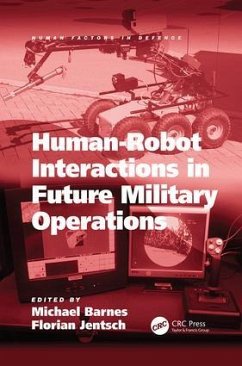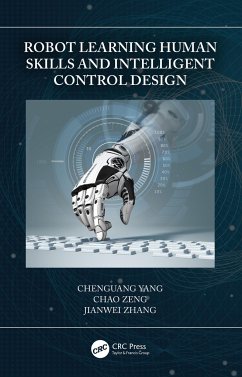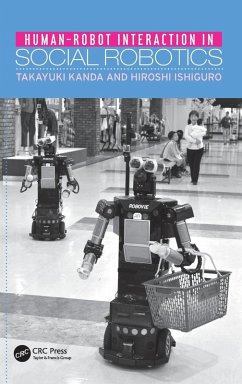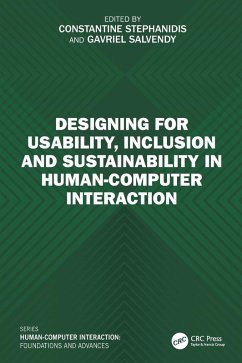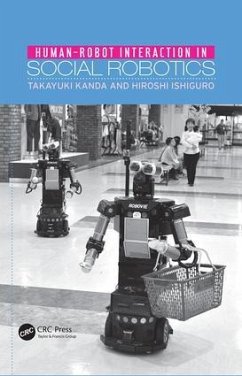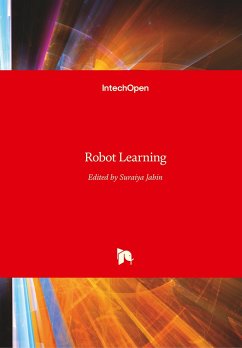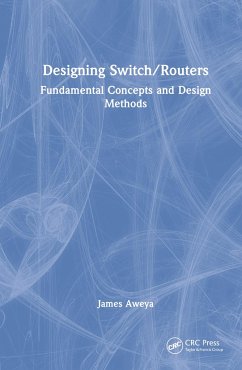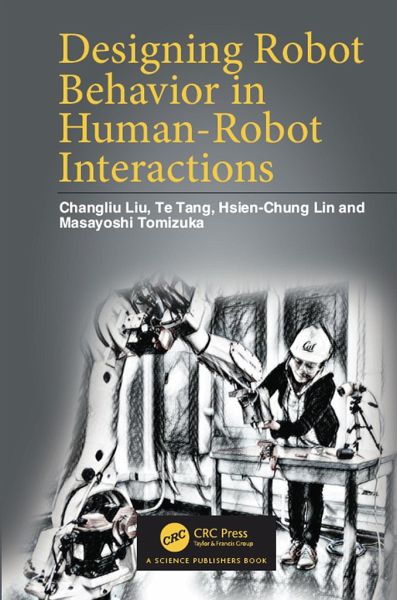
Designing Robot Behavior in Human-Robot Interactions
Versandkostenfrei!
Versandfertig in 1-2 Wochen
203,99 €
inkl. MwSt.
Weitere Ausgaben:

PAYBACK Punkte
102 °P sammeln!
In this book, we have set up a unified analytical framework for various human-robot systems, which involve peer-peer interactions (either space-sharing or time-sharing) or hierarchical interactions. A methodology in designing the robot behavior through control, planning, decision and learning is proposed. In particular, the following topics are discussed in-depth: safety during human-robot interactions, efficiency in real-time robot motion planning, imitation of human behaviors from demonstration, dexterity of robots to adapt to different environments and tasks, cooperation among robots and hu...
In this book, we have set up a unified analytical framework for various human-robot systems, which involve peer-peer interactions (either space-sharing or time-sharing) or hierarchical interactions. A methodology in designing the robot behavior through control, planning, decision and learning is proposed. In particular, the following topics are discussed in-depth: safety during human-robot interactions, efficiency in real-time robot motion planning, imitation of human behaviors from demonstration, dexterity of robots to adapt to different environments and tasks, cooperation among robots and humans with conflict resolution. These methods are applied in various scenarios, such as human-robot collaborative assembly, robot skill learning from human demonstration, interaction between autonomous and human-driven vehicles, etc. Key Features: Proposes a unified framework to model and analyze human-robot interactions under different modes of interactions. Systematically discusses the control, decision and learning algorithms to enable robots to interact safely with humans in a variety of applications. Presents numerous experimental studies with both industrial collaborative robot arms and autonomous vehicles.




